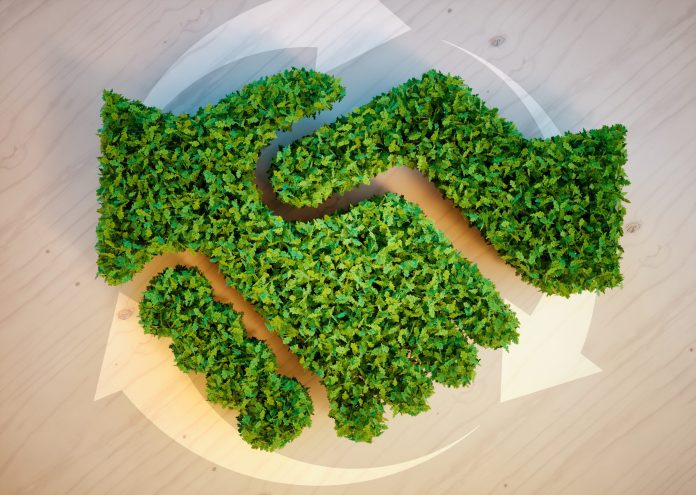Unilever is making moves to ensure their climate change goals are achieved.
One of those goals being to have the green-house (GHG) footprint of products across the value chain by 2030; Unilever has announced they will achieve net zero emissions from all products by 2039 – from the sourcing of materials, up to the point of sale in store.

Unilever’s brands will collectively invest $1.89 billion in a new dedicated Climate and Nature Fund. This will be used over the next ten years to drive meaningful sustainability action, and build on the work that is already underway such as Ben & Jerry’s initiative to reduce GHG emissions from dairy farms; Seventh Generation’s advocacy for clean energy for all; and Continental’s support of farmers to grow food more sustainably.
To achieve net zero emissions from all our products 11 years ahead of the 2050 Paris Agreement deadline, Unilever must work jointly with our partners across our value chain, to collectively drive lower levels of greenhouse gas emissions. We will, therefore, prioritise building partnerships with our suppliers who have set and committed to their own science-based targets.
“The coronavirus outbreak is a stark reminder of the fragility of our economic system,” says CEO of Unilever Australia and New Zealand, Nicky Sparshott.
“The ongoing climate crisis is another clear threat to our shared stability, and its impacts are just as complex and challenging to mitigate.”
Climate change at core of stimulus packages
Unilever Australia has partnered with WWF Australia in calling on leaders to make Australia the world’s leading exporter of renewable energy by 2030.
A new EY report commissioned by WWF – Australian renewable export COVID-19 recovery package – found an economic recovery based on renewables would boost local manufacturing, grow existing sectors, unlock new industries and 100,000 jobs, increase exports, reskill our workforce, and reduce carbon pollution.
“We need to transition away from high-carbon pathways, and public spending must align with the most ambitious goals of the Paris Agreement – limiting global warming to a maximum of 1.5ºC and reaching net-zero emissions by 2050 at the latest,” explains Ms Sparhsott.
Switching to 100% renewable energy
Unilever Australia joined Unilever globally in switching to 100% renewable electricity to power all of our operations, well ahead of our end-2020 target. The majority of Unilever’s renewable electricity supply is met through a five-year Power Purchase Agreement (PPA) with energy retailer Red Energy, which directly supports a number of wind and solar farms across NSW, Victoria & South Australia.
“Our switch to renewable electricity is not only good for the environment, but it also makes good business sense by delivering a combination of flexibility, cost savings and certainty on energy costs. It also gives our consumers reassurance that they are purchasing sustainably produced products, for which demand is increasingly growing.”
Collective action is critical
Ms Sparshott concludes, “The race to zero must be a collective effort, and business alone cannot drive the transition at the speed that is required. Instead, it requires coordinated action by multiple organisations from across all sectors. Nothing is more powerful than businesses demonstrating to governments that accelerated progress in de-carbonising the economy is possible.”


